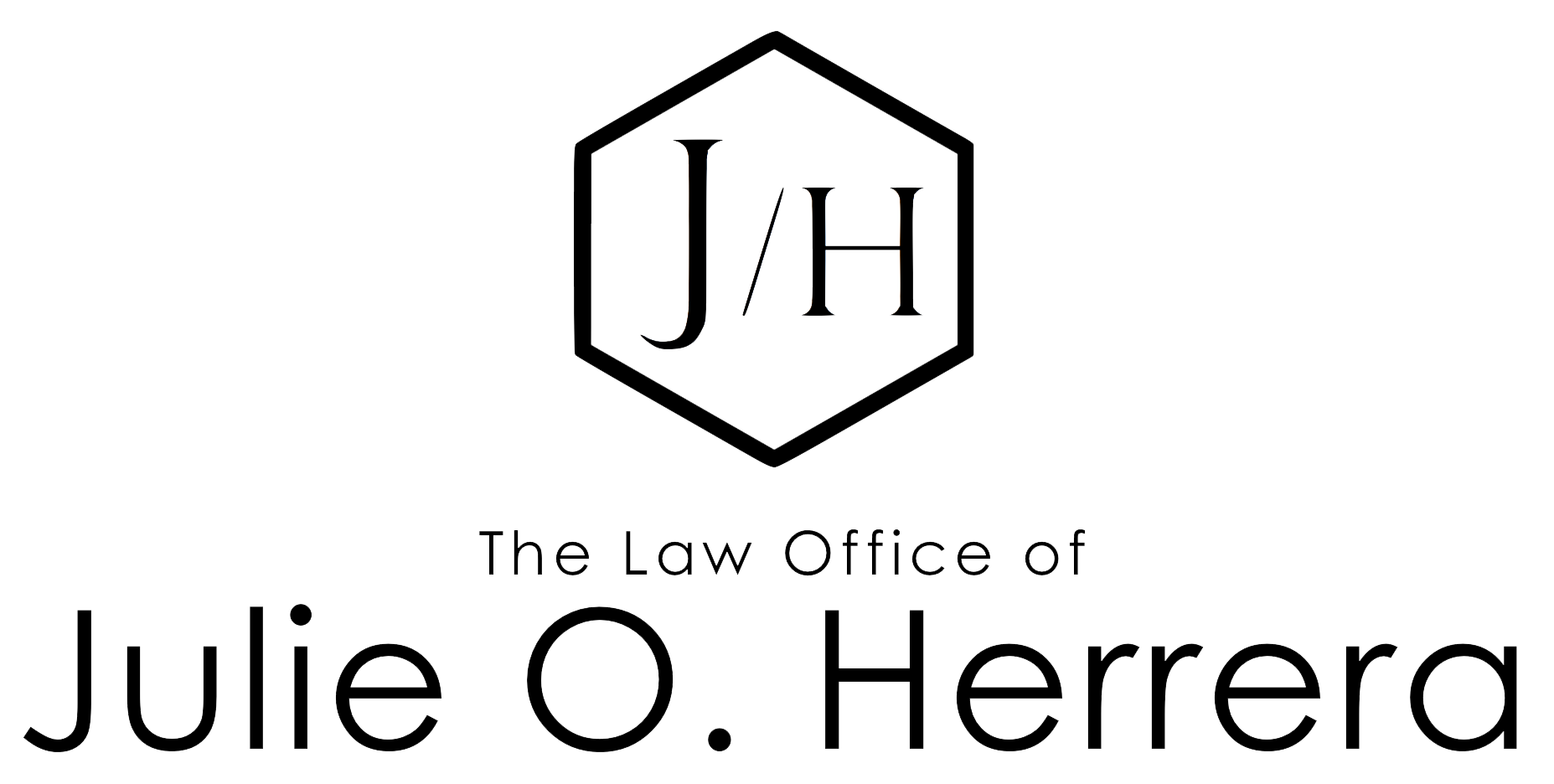My firm represents employees only.
I can help you with:
-
No employee should sign an employment contract without having it reviewed by a lawyer. Often, the proposed contract contains onerous terms for the employee, like a non-compete agreement, without any real promises from the employer. Restrictive covenants (which are a restraint on trade) should be signed only after careful contemplation and planning.
-
Discrimination at work (including harassment) is illegal if it is motivated by one’s race, color, religion, sex, pregnancy, national origin, disability, age, order of protection status, marital status, military status, sexual orientation, or unfavorable discharge from military service. If you have faced adverse actions at work, it is important that you speak with a lawyer to assess your potential claims.
-
For many claims of unpaid wages or unpaid overtime, you can report the violation directly to the Illinois Department of Labor here, at no cost to you:
https://www2.illinois.gov/idol/Pages/Complaints.aspx
However, you also have the right to hire a lawyer and file a complaint in court, where you may be entitled to attorney’s fees if you win. Sometimes, having a lawyer can mean a larger recovery. For example, an attorney can help you fight for double, and sometimes even triple, damages.
-
Though most employment is technically at-will, an employer’s ability to fire an employee is limited by a variety of laws including the Family and Medical Leave Act, Title VII of the Civil Rights Act of 1964, the Illinois Human Rights Act, the Age Discrimination in Employment Act, the Americans with Disabilities Act, the Illinois Whistleblower Act, and other federal, state, and local laws.
-
These agreements should be scrutinized as closely, if not more so, than employment contracts offered at the outset of employment. Nearly all severance agreements contain a “general release,” so signing should not be done lightly. (Note: certain claims cannot be waived by a “general release,” in any event). All too often, employers try to add restrictive covenants (like non-compete or non-solicit agreements) in a severance agreement. This is dangerous territory for a person who is in the market for a new job.
-
Illinois has the strongest law in the country to protect “biometric data,” like iris scans, fingerprints, voiceprints, and facial geometry scans. Companies can be sued for failing to inform people they are collecting this data. Employers who make employees scan into work using this biometric data may be held liable for violating the Act if they did not sufficiently warn their employees beforehand.
Let’s Talk
Use the form below to contact me regarding your legal inquiry. You may also email me at jherrera@julieherreralaw.com or call me at 312-479-3014 to discuss.
Employment Resources
Illinois Department of Human Rights
The Illinois Department of Human Rights (IDHR) investigates charges of Employment discrimination filed against private employers, state or local government, unions and employment agencies.
U.S. EQUAL EMPLOYMENT OPPORTUNITY COMMISSION
The Equal Employment Opportunity Commission (EEOC)'s Mission is to prevent and remedy unlawful employment discrimination and advance equal opportunity for all in the workplace.
FAMILY AND MEDICAL LEAVE ACT
The Family and Medical Leave Act (FMLA) entitles eligible employees of covered employers to take unpaid, job-protected leave for specified family and medical reasons with continuation of group health insurance coverage under the same terms and conditions as if the employee had not taken leave.
WAGES AND FAIR LABOR STANDARDS ACT
The Fair Labor Standards Act (FLSA) establishes minimum wage, overtime pay, recordkeeping, and youth employment standards affecting employees in the private sector and in Federal, State, and local governments.

